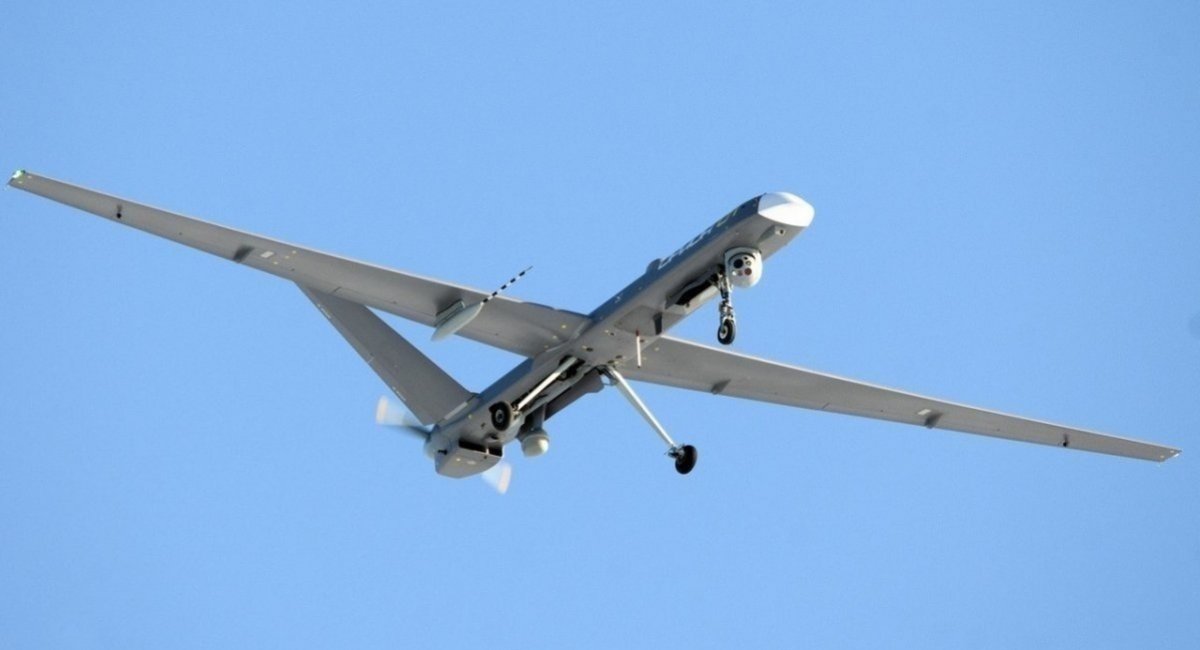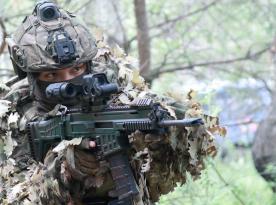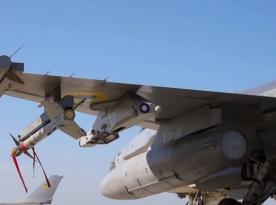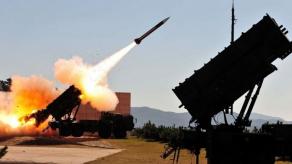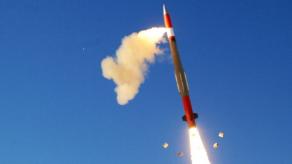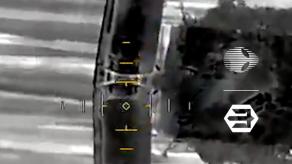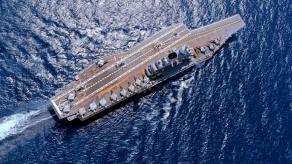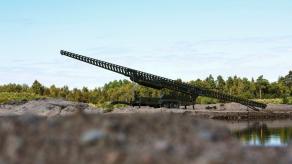For almost a month now, russia has been using an unidentified weapon to strike targets in Ukraine. Initially referred to as the Banderol strike jet drone, all that was known about it was the presence of a jet engine, its ability to reach speeds of up to 500 km/h, and its repeated use in attacks on southern Ukraine.
Recently, the War and Sanctions portal of the Defense Intelligence of Ukraine revealed that this so-called Banderol is in fact a new russian cruise missile designated S8000. The agency published detailed data on the missile’s technical specifications and a list of components used in its production.
Read more: New Banderol Jet Drone Attacks Ukraine: What is Known About the Obscure russian Weapon
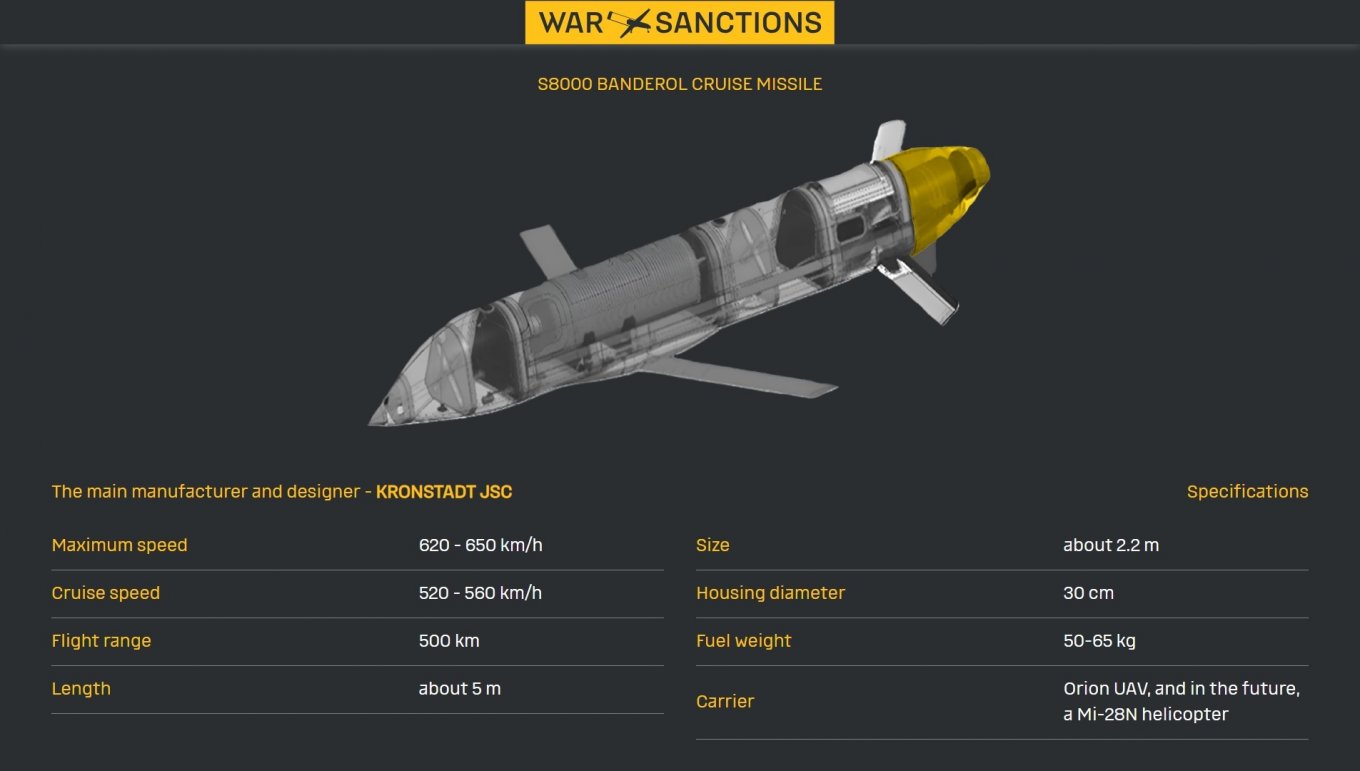
Defense Express believes this is likely the same cruise missile spotted in a photo from russia’s Kapustin Yar proving ground in late 2024. The weapon bears a visual resemblance to the American AGM-158C LRASM (Long-Range Anti-Ship Missile), although in this case, russia appears to have tried to make a low-cost missile for mass production to use it as quickly and massively as possible for indiscriminate strikes across Ukraine.
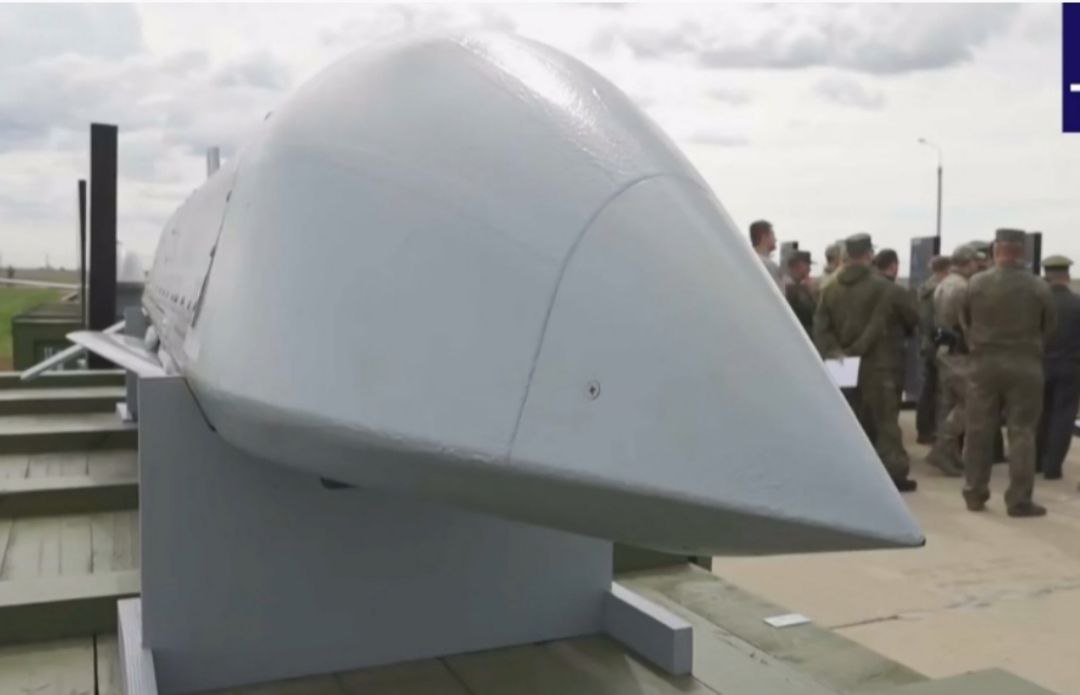
Three key features from the Defense Intelligence report deserve special attention. First, the Banderol uses the SW800Pro-A95 turbojet engine from the Chinese company Swiwin — a commercially available product sold via platforms like AliExpress for anywhere from a few thousand to tens of thousands of dollars. Hence, russia likely faced no serious obstacles in securing engine supplies.
Second, navigation is based on the Kometa-M8 jamming-resistant CRP antenna, developed by JSC VNIIR-PROGRESS. For a reminder, Kometa-series antennas are also used in Shahed-136/131 drones and in the UMPK glide bomb kits.
Third, the Banderol contains numerous foreign-made components sourced from Australia, South Korea, the United States, Switzerland, Japan, and so on. Examples include a Murata battery from Japan, a telemetry information exchange module from Australian RF Design (can also be manufactured in China), servo motors from South Korean Dynamixel, and a radio frequency amplifier from American Maxim Integrated Products (Analog Devices).
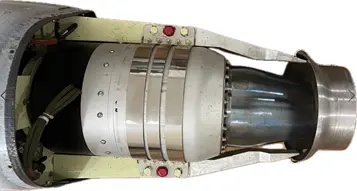
Notably, Ukraine’s Defense Intelligence identified the company CHIP I DIP JSC as a key supplier of many of these foreign components. Despite being sanctioned by the United States and Ukraine, it remains unsanctioned in countries like Japan, Australia, Switzerland, Canada, and across the European Union.
This serves as further proof that russia continues to incorporate foreign technologies into its weapons production. Still, many of the components listed are dual-use or commercially available, making it nearly impossible to fully block their acquisition.

As for the technical characteristics, the Banderol cruise missile has a top speed of up to 650 km/h and a cruising speed of 560 km/h. Its range reaches 500 kilometers. Size-wise, the missile measures approximately 5 meters in length, with a wingspan of 2.2 meters and a body diameter of 30 centimeters. It is equipped with an OFBCH-150 warhead weighing 114.3 kg, of which 49.5 kg is explosive.
Currently, the only known launch platform for this missile is the Orion UAV. However, russia is reportedly working on integrating the Banderol with Mi-28N attack helicopters in the future.
Read more: Ukraine Strikes russian NPO Bazalt and Shcheglovsky Val: Manufacturer of UMPK Kits, Bakhcha and Berezhok Turrets



